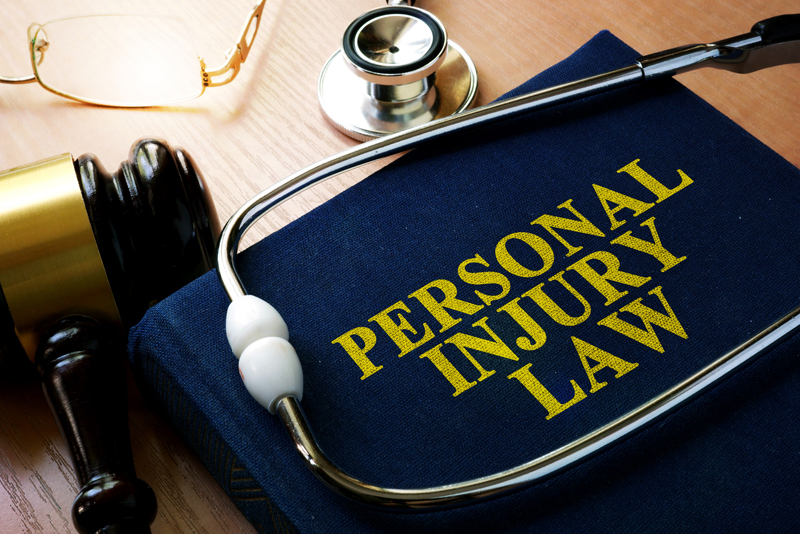In a personal injury lawsuit, there are several different types of damage or loss that may be involved, depending on the type of case as well as the type and extent of the resulting injuries. In such a case, damage refers to the injury or loss suffered by the claimant because of the negligence of someone else. Some of the common types of damage include loss of earnings or loss of future earnings, medical bills, cost of future medical care, household expenses (as the injured party was not able to care for the house) and costs associated with canceled trips or other plans. Experienced lawyers will be aware of the damages or compensation such as monetary judgment one can recover in a personal injury lawsuit. Medical review services are available to help personal injury lawyers obtain valuable medical summaries and thus understand the case clearly.
In any instance of personal injury, filing a lawsuit is necessary in order to gain information and bargaining power. In such cases, even with proper health insurance coverage, plaintiffs may still have to face indirect costs such as lost income and the expenses healthcare insurers won’t cover such as home care or alternative transportation.
A personal injury lawsuit enables claimants to seek compensation for any damage they have suffered due to someone’s negligence. According to attorneys.com, an injured claimant can potentially recover damages in a personal injury suit if an entity, company, or person was negligent; the negligence of the entity, company, or person was the cause of the injured party’s injury; and if the injured party’s conduct was not negligent.
Recoverable Damages
Compensatory
Compensatory damages are awarded to compensate an injured party for the harm he/she has suffered. This type of compensation is available in many injury cases including medical malpractice, auto accident, and slip and fall cases. In certain wrongful death cases also compensatory damages are awarded.
Different types of compensatory damages include general or special damages.
General
These are non-economic damages in an injury claim that do not involve verifiable monetary losses. Assigning a value to non-economic damages can be difficult, as these awards vary significantly.
Some of the non-economic damages include those given for:
- Physical impairment – visible scars, brain damage or paralysis
- Pain and suffering – serious discomfort or physical suffering that arose during the accident
- Loss of enjoyment – injuries that restrain the victim from enjoying day-to-day activities and hobbies
- Emotional distress – psychological trauma a plaintiff suffers due to an injury – anxiety, fear, or loss of sleep
General damages may also be available for loss of earning capacity or future medical care. Certain key factors to be considered to decide the compensation amount are an individual’s type of work, preexisting injuries as well as lifestyle.
Special
These special damages are economic or a person’s out-of-pocket losses – money the plaintiff didn’t get due to the injury and money spent to treat the injuries or losses in the incident.
Such damages include compensation for
- Medical treatment – treatments related to the accident – doctors’ bills, pharmacy receipts, and other healthcare expenses; past, present and future medical care
- Income loss – wages lost due to injury, the money they would have earned in the future – the victim’s “loss of earning capacity”
- Property loss – reimbursement for damage done to the property as a result of the accident – vehicles, clothing, or other personal items
- Legal fees – costs related to filing the lawsuit–lawyer fees, travel costs, missed time at work and more
Special damages also compensate the medical care bills necessitated by the wrongdoer’s behavior. The compensation amount can usually be established based on the documentation the claimant produces from medical providers, employers and other sources.
Punitive
It’s only in rare cases that punitive damages are awarded. Punitive damages aim at punishing defendants for their negligence, fraud act or egregious behavior, which would help prevent similar misconduct in the future. Punishment will be given in cases where the court finds that the actions were intentional or morally guilty. Although most personal injury suits do not warrant a punitive award, there are certain circumstances when these damages apply.
Both punitive and compensatory damages are awarded directly to the injured party or plaintiff. Medical review companies can support lawyers in collecting and organizing medical records that serve as great evidence in winning personal injury cases.




